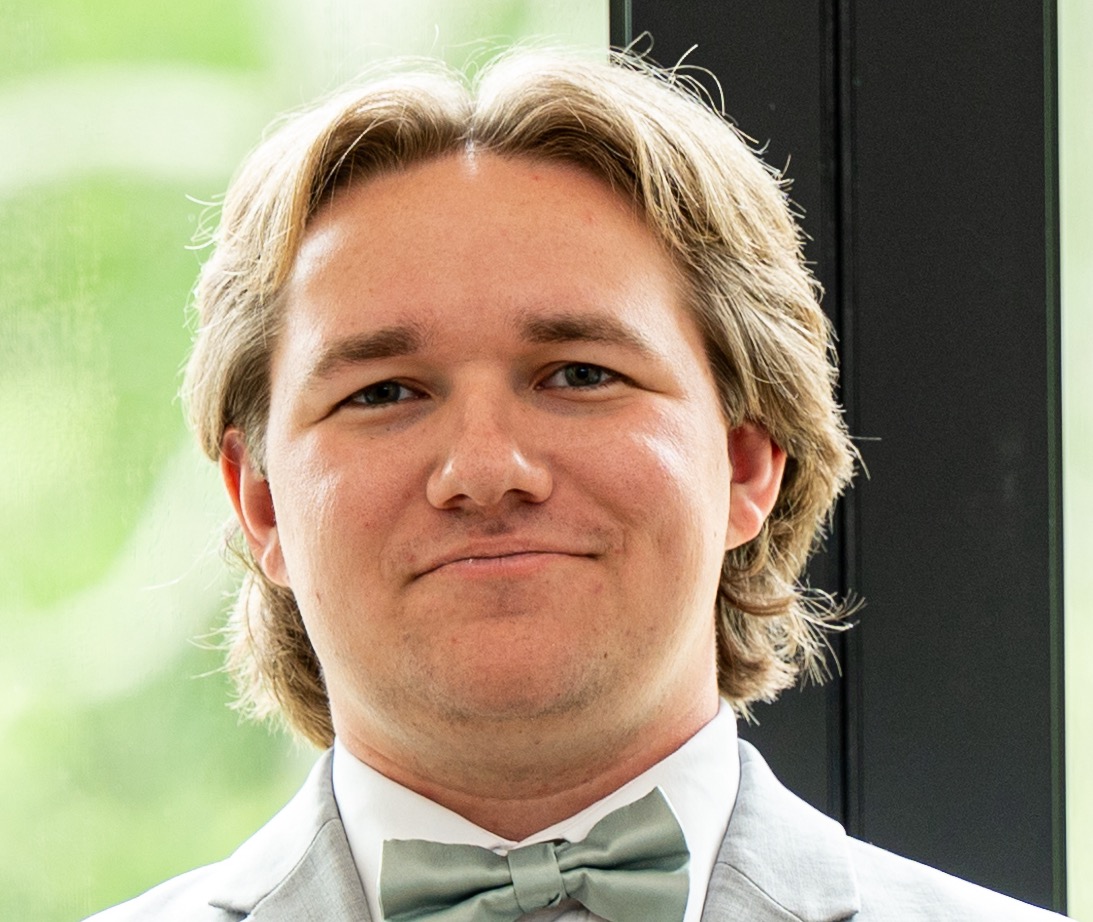Eddie Higginbotham, an MS2 student at the Heersink School of Medicine on the primary care track, recently visited his childhood elementary school to perform vision screenings in partnership with Impact America’s Focus First. Eddie Higginbotham
Eddie Higginbotham
Impact America’s Focus First is a free vision screening initiative that offers comprehensive vision care to children in low-income preschools in urban and rural communities—a passion Higginbotham can relate to.
“I guess it's something that I didn't really get when I was a kid because I didn't figure out I needed glasses until my first-grade teacher said, “He can't see anything,” remarked Higginbotham laughing. “It just always seemed normal to me.”
Higginbotham got involved with Impact America’s Focus First through the Heersink School of Medicine’s Office of Service Learning, which aims to develop culturally competent physicians who understand the social factors that impact health.
“For all of our blocks, the service learning department has a service opportunity related to the block. This was during our neurology block,” said Higginbotham. “We did a smoking cessation program in our pulmonary block and a diabetes diet counseling program for our endocrine block.”
Higginbotham’s favorite part of the vision screening was walking the children through the test. He describes the vision screening as a Polaroid camera that he holds up to the preschoolers’ faces, and it scans their eyes.
“Basically, it sends a little beam of light out and sees how it's reflected. From there, the machine can tell if they have an astigmatism or some refraction error they can correct,” said Higginbotham. “If the kid gets flagged, we refer them to optometry to get them corrective lenses.”
Higginbotham performed these vision screenings at his old elementary school and still remembers participating in a teachers’ assistant program for it in high school. That hometown feeling immediately resurfaced when he entered the school’s front office.
“It was weird--not weird, but kind of cool to go back,” he said. “I went back to the office, and the administrative assistant said, ‘I recognize you. Did you come through here?’”
Higginbotham largely attributes his propensity for service to his small-town upbringing. His appreciation for the village of people who poured into him until this point inspires him to be a similar force for good for others.
Going forward, into a longitudinal integrated clerkship in Tuscaloosa, Alabama, for his third year of medical school, Higginbotham hopes to continue his work with underserved populations.